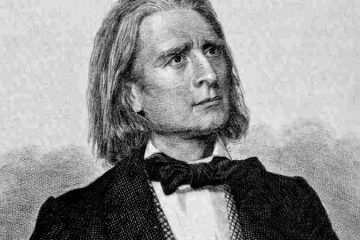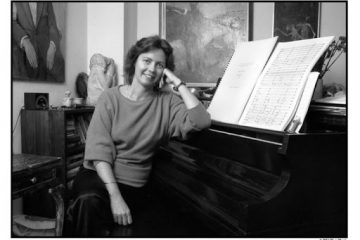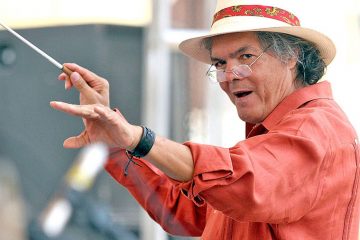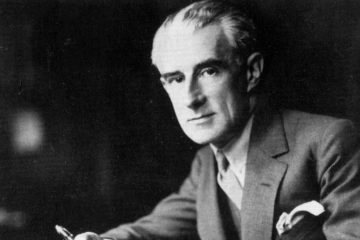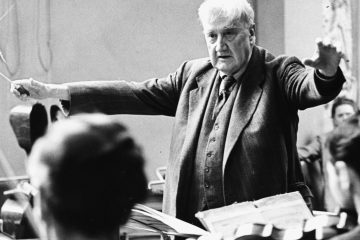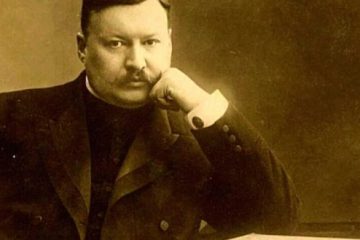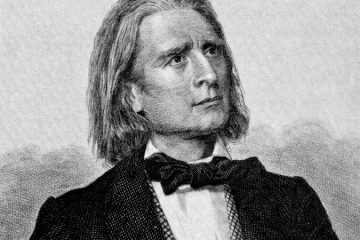Blogs
Franz Liszt ‘Totentanz’: Dance of the Dead
Franz Liszt: Totentanz Context Completed in 1849, Totentanz (‘Dance of the Dead’) is a fiery work for solo piano and orchestra by Hungarian composer, Franz Liszt. The work is primarily based on the Dies irae melody, which Liszt takes and develops into a powerful set of variations. Liszt was known Read more…
